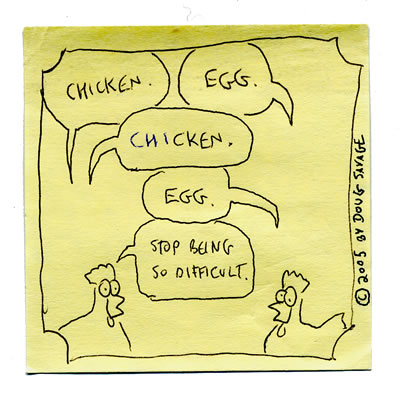BackgroundThere are many modules offered by the Faculty of Science that enable students to hone their presentation and writing skills. With regards to the content modules that science students take, there are limited avenues where students are able to receive comprehensive feedback on their scientific writing skills. For example, when tasked to write lab reports, often the headings that should be included in the report are briefly addressed. It would have been more beneficial if a certain lesson was dedicated in teaching the students the specific expectations of the headings included in the lab reports. Furthermore, it would be very useful to go beyond lab reports and teach how professional scientific reports are written. The teaching of scientific research writing skills is often neglected in the science curriculum.
Nevertheless, a variety of elective modules have been offered by the Faculty of Science in attempt to build scientific writing skills in students. These modules are not compulsory, and only a certain population of the Faculty of Science students takes up these modules. A few of these modules include:
ES2007S: Professional Communication: Principles & Practice
SP1202: Communicating with the Academy
SP1201: Freshman Seminar
SP2170: Doing Science (Module offered by Special Programme in Science)
ES2007S is effective in covering professional writing skills that would be important for business communication between respective individuals. This module is extended to engineering students, but neglects the aspect of scientific research writing skills. Instead it focuses on improving general communications skills essential in the working world. The next elective module is SP1202. This module is designed to specifically improve academic science writing as well as research writing skills of year one students. SP1201, which is similarly open only to year-one students, offers students with an opportunity to explore a scholarly topic in a small group with the expertise of a professor. This module, unlike SP1202, is more holistic, and covers more communication skills related to scientific thinking.
These modules covered so far are open to the general Faculty of Science population. Each module has its own strengths and weaknesses. However, only one module (SP1202) aims specifically to enhance scientific writing skills among students. Unlike the previous modules, SP2170 is only offered to students who are in the Special Programme in Science (SPS). This programme aims to nurture students with a strong passion and aptitude for science. Therefore, in this module, students gain valuable skills in literature review, and the writing and discussing of scientific papers. The modules differ from SP1202, in that it is angled towards equipping SPS students with effective writing skills that would enhance their learning experience in SPS.
RecommendationsFrom preliminary analysis of an ongoing survey, we can see that majority of students feel that inadequate written communication skills is the most common barrier to effective communication in scientific research. This could be attributed to the lack of practice as mentioned by Professor Helmer during his interview session.
Hence, in order to work towards the goal of making system changes to the NUS curriculum to better equip students with scientific writing skills, we would like to make the following recommendations.
1. Conduct more in-depth research to determine which aspects of scientific writing to focus on.
2. Search for teaching staff who are dedicated and have the relevant expertise to conduct the module.
3. Decide on the course outline, such that it meets the needs of Science and Engineering students.
4. Email Science and Engineering students to inform them about the new module and provide more information on CORS.

